How to get mortgage for overseas property as an American
Learn all about different ways to get an overseas property mortgage as an American and gain unique insights to prepare yourself for the whole process.
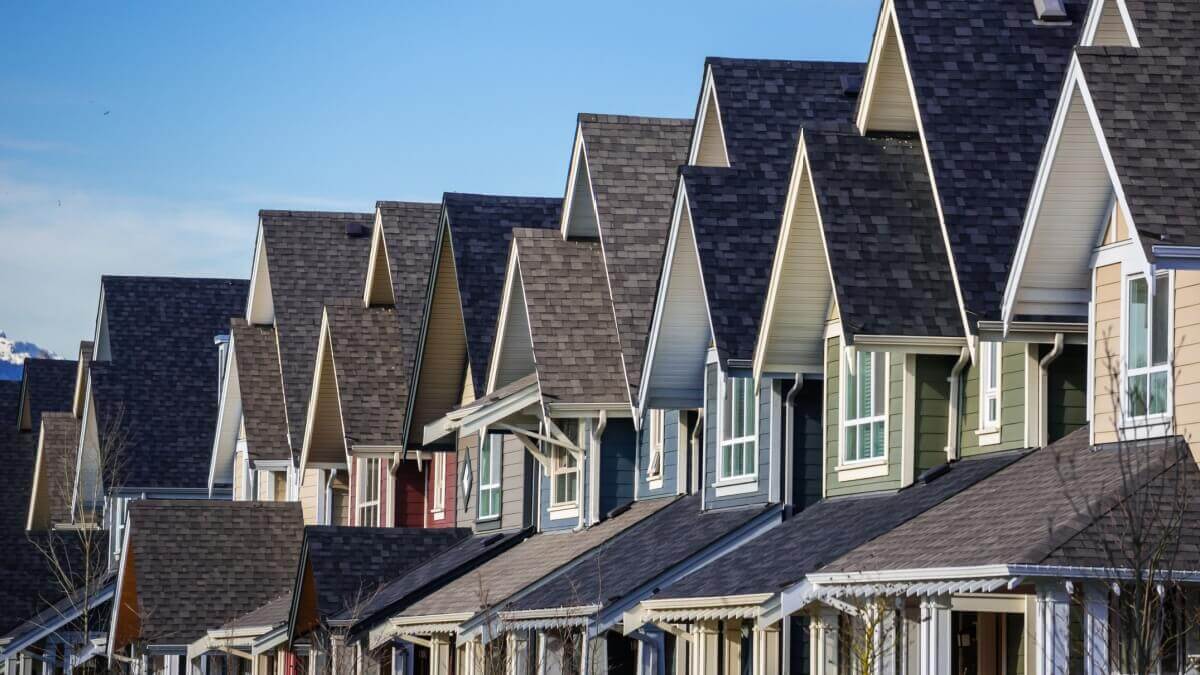
Canada is a vast, diverse country full of natural beauty and vibrant cities. With an excellent standard of living and free healthcare, it’s no wonder Americans are investing in property across the border.
But can US citizens buy property in Canada? Let’s take a look at everything you need to know, including fees, property types, legal requirements, and a step-by-step guide to buying a house in Canada.
| Table of contents |
|---|
Desirable real estate investment opportunities are abundant in Canada. The country has a dynamic property market in a range of growing provinces.
In May 2024, some Canadian provinces broke all-time price records, with the average home price in Canada standing at 699,117 CAD.¹
The property market can differ depending on where you want to buy your Canadian home. You may find it cheaper to invest in rural property, compared to popular urban locations like Toronto.
| 💡 Heading abroad? Use Wise to send high amount transfers to over 160 countries across the globe. No markups, no hidden fees, no stress. |
|---|
Americans can purchase a house in Canada, but there are certain requirements and restrictions to understand. Let’s take a look at how to buy a home in Canada.
In January 2023, the Prohibition on the Purchase of Residential Property by Non-Canadians Act came into place. This stops foreign investors from buying property in Canada and driving house prices up, giving Canadian citizens a chance to purchase property for a reasonable price.
Under the act, it may be easier to buy a property if you’re a Canadian citizen or permanent resident. However, you can still buy Canadian property as an American.
Properties like vacation homes and cottages are exempt from the ban – and the law only applies to homes in metropolitan cities with a population higher than 100,000.²
There are a few other exemptions, like if you’ve worked and filed tax returns in Canada for at least 3 out of the 4 years prior to buying a property. Foreign nationals with temporary resident status can also purchase a home in Canada.³
| If you want to buy property in Canada, you may need to open an account with a Canadian bank to qualify for your mortgage. You’ll also need to get a Tax Number from the Canada Revenue Agency (CRA) to ensure you meet any tax requirements.⁴ |
|---|
If you want to become a Canadian permanent resident, you may need to go through Canada’s immigration process. However, if you’re buying property as an investment, you can do so without becoming a resident.⁴
The Prohibition on the Purchase of Residential Property by Non-Canadians Act also covers land.
However, this only applies to metropolitan areas of at least 100,000 people – and you can still purchase some rural vacant land as an American.⁵ You may also need to pay additional fees and taxes for your purchase.
Buying property in Canada won’t grant you residency or citizenship – and if you’re applying for permanent residence, owning property won’t affect your application.⁶
If you plan on staying in Canada for longer than 6 months each year, you may need to apply for immigrant status.⁷ Make sure to look into any legal implications before planning your move abroad.
Buying a house abroad can be a complicated process. We take a look at how to buy property in Canada.
First, you’ll need to determine your eligibility, particularly under the Prohibition on the Purchase of Residential Property by Non-Canadians Act.
You’ll also need to think about how you’re going to pay for your Canadian home. You should be able to get a mortgage at the same interest rate as a non-resident, but you may need a minimum 35% down payment to qualify.⁷ You may also need a good credit score to purchase property abroad.
Different banks offer different loans to foreign buyers, so speak to your financial institution for further advice and support.
| Read further |
|---|
Before moving to Canada, you’ll need to research your options. Canada is a huge country with a range of locations – and every province is distinct and unique.
Consider what you want from your new home. Do you want to live somewhere quiet and safe? Are you looking for a vibrant nightlife? Do you need schools within walking distance?
Eastern Canada tends to be more affordable than Western Canada – and life in a rural town will be very different from life in a major city.⁷ The climate and weather can also differ across the country.
Browse properties online and work with a real estate agency that specializes in Canadian property to help you navigate the process of buying your new home.
Your real estate agent can advise you on how to make a sensible offer on your favorite property. You may also want to get a lawyer to look over your offer.
It’s important to do your due diligence before buying property in Canada. Once you’ve found a house you want to buy, conduct the necessary surveys, such as checking for plumbing issues or mold.
At this point, you can typically pull out of the transaction without any financial or legal consequences.
If your offer is accepted, your realtor will need to draw up the contract of sale and purchase agreement. You and the seller will then need to sign the agreement to complete the sale.
Your real estate agent can also help you transfer your funds, including your down payment and any additional fees or costs.⁷
You’ll need to collect the keys to your new property, too. Make sure to consult your real estate agent, mortgage advisor, or lawyer for support.
As with any property purchase, you’ll need to consider costs like property taxes, legal fees, your deposit or down payment, and closing charges.
If you’re buying property in Canada, you’ll also need to consider:
- property appraisal and home inspection costs
- land transfer tax
- provincial sales tax
- title insurance
- mortgage broker commission⁷
You may need to pay Goods and Services Tax (GST) and Harmonized Services Tax (HST) on certain aspects of your Canadian property purchase, including your real estate commission, legal fees, home inspection fees, and moving costs.⁸
Let’s take a look at how much it costs to buy an apartment in Canada, including a few popular cities for foreigners.
Make sure to consult your real estate agent about whether you can buy a property in your chosen city under the Prohibition on the Purchase of Residential Property by Non-Canadians Act.
| Location | Price (sqft) in city center | Price (sqft) outside city center |
|---|---|---|
| Ottawa⁹ | 482.02 USD | 440.56 USD |
| Montreal⁹ | 676.08 USD | 396.72 USD |
| Vancouver¹⁰ | 1,021.03 USD | 682.77 USD |
| Calgary¹¹ | 295.17 USD | 281.80 USD |
| Toronto¹² | 954.20 USD | 738.81 USD |
| Wondering how much that would cost in CAD? Check out this handy conversion calculator |
|---|
Let’s take a look at some common fees and taxes you may need to pay to purchase your Canadian property.
| Tax/Fee | Amount (%) |
|---|---|
| Real estate commission fees | Roughly 3% to 7%¹³ |
| Property transfer tax | Roughly 1% to 5%¹⁴ |
| Land transfer tax | Ranges from 0.4% to 4%¹⁵ |
| Mortgage Default Insurance (down payment <20%) | Ranges from 2.8% to 4% of your mortgage amount¹⁵ |
| Provincial Sales Tax (PST) on Mortgage Default Insurance | Depends on where you buy your home – it could be as much as 8%¹⁵ |
| Exchange rate | Variable Many banks and financial institutions charge a markup above the mid-market exchange rate to convert USD into CAD – this can be as much as 3% of the transaction. Get the most CAD from your USD by using Wise, a cheap and transparent way to move your money abroad. |
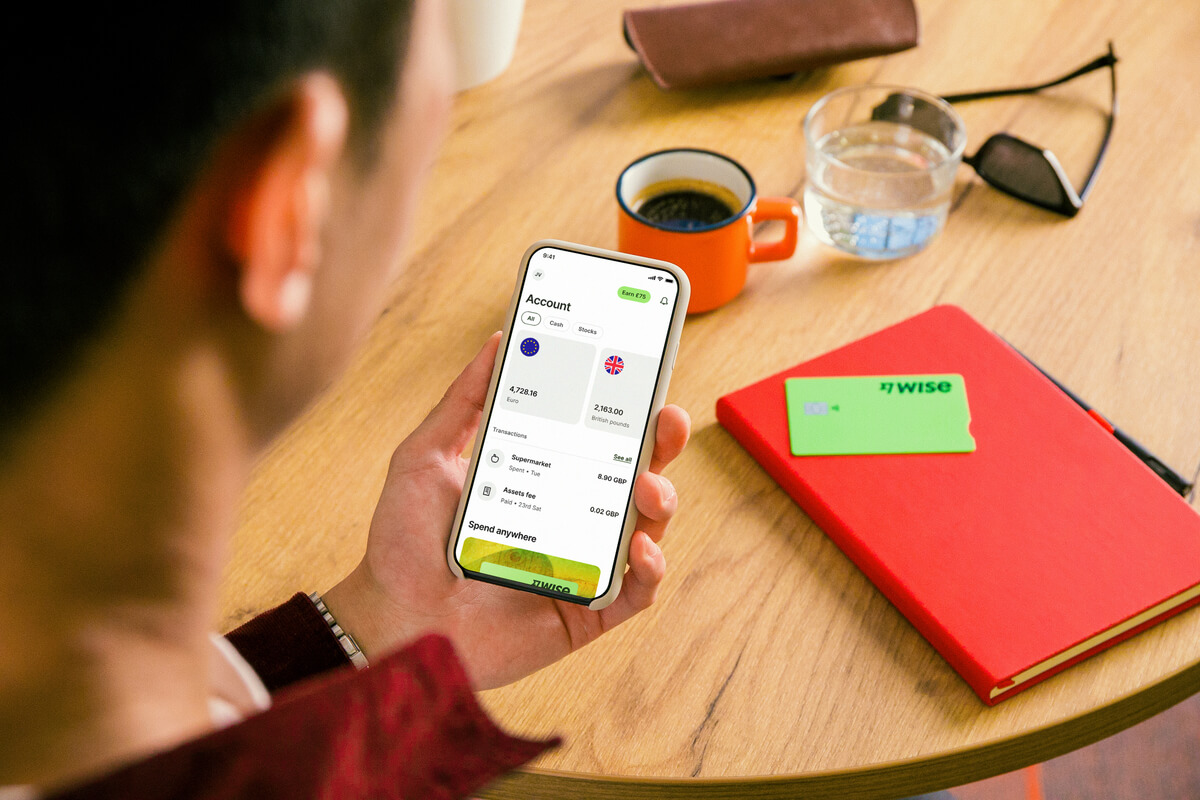
Now that we covered all the basic costs of purchasing a home in Canada, the only question left is: how to send money to pay for your property overseas?
Wise offers you a quick, secure and transparent way of sending money to Canada. You get the mid-market exchange rate for your payments and see how much it’s charged for the transfer before sending the money from your bank.
With the Wise Account you can also hold 40+ currencies, spend money in 150+ countries, and receive like a local in 9 different currencies.
Please see Terms of Use for your region or visit Wise Fees & Pricing for the most up to date pricing and fee information
A real estate agent like Sotheby’s Realty® or Sutton® can help you understand how to buy a house in Canada, including up-to-date property listings and advice about the best way to secure your purchase.
You can also use resources like Realtor® to explore properties in Canada or access further support.
For more information about the Prohibition on the Purchase of Residential Property by Non-Canadians Regulations, check out the Canadian Government website.
Popular property types in Canada include:
- detached and semi-detached houses
- apartments
- condos
- townhouses
- bungalows
- cottages
Split-level homes are also popular in Canada. This type of property includes a main floor split across different levels, with interior steps. This can help to maximize space and it’s a great choice for families moving to Canada.
Under the Prohibition on the Purchase of Residential Property by Non-Canadians Act, you may find that you’re limited to certain property types, such as cottages or houses outside major metropolitan centers.
Make sure to check with your Canadian real estate agent before going ahead with your purchase.
Unfortunately, some scammers target property buyers, especially if you’re planning on spending a large down payment to secure your home.
Always work with a real estate agent you trust and never send money overseas without first checking where it’s going.
Ideally, you should view your home in person before making an offer or transferring any funds. Always check with your realtor or lawyer if something seems suspicious.
There are a few great locations for Americans buying property in Canada. Let’s take a look at 5 popular cities for foreigners.
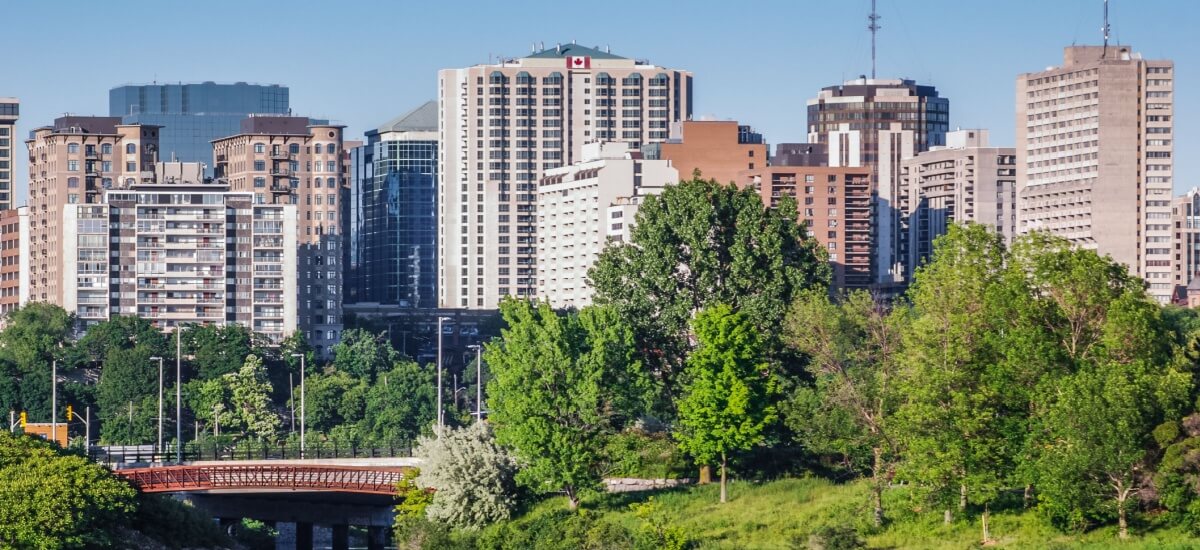
As the country’s capital, Ottawa has a lot to offer Americans moving abroad. You can get to know the history of your new home or explore some of Ottawa’s local nature spots.
Ottawa is known for its cultural diversity, with gorgeous parks, delicious restaurants, and local museums for foreign buyers and investors.
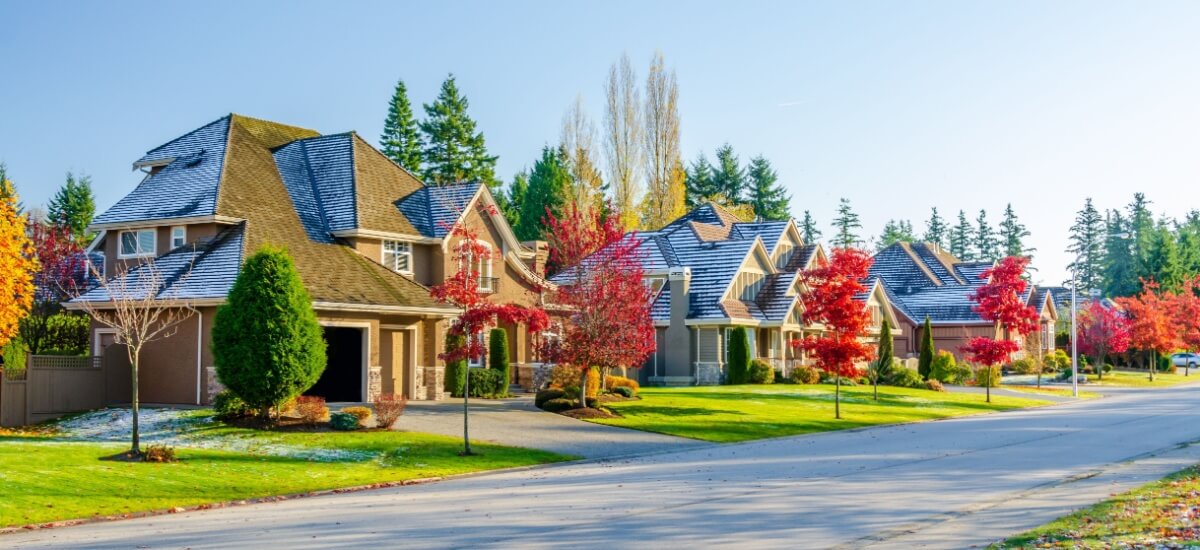
Vancouver is the perfect location for nature lovers. You can explore the North Shore Mountains or head to Stanley Park to enjoy the city’s natural beauty.
Vancouver also has an excellent standard of living, including access to free healthcare and a good education system.
There’s lots to do in Vancouver, such as film festivals, art galleries, restaurants, and shopping.
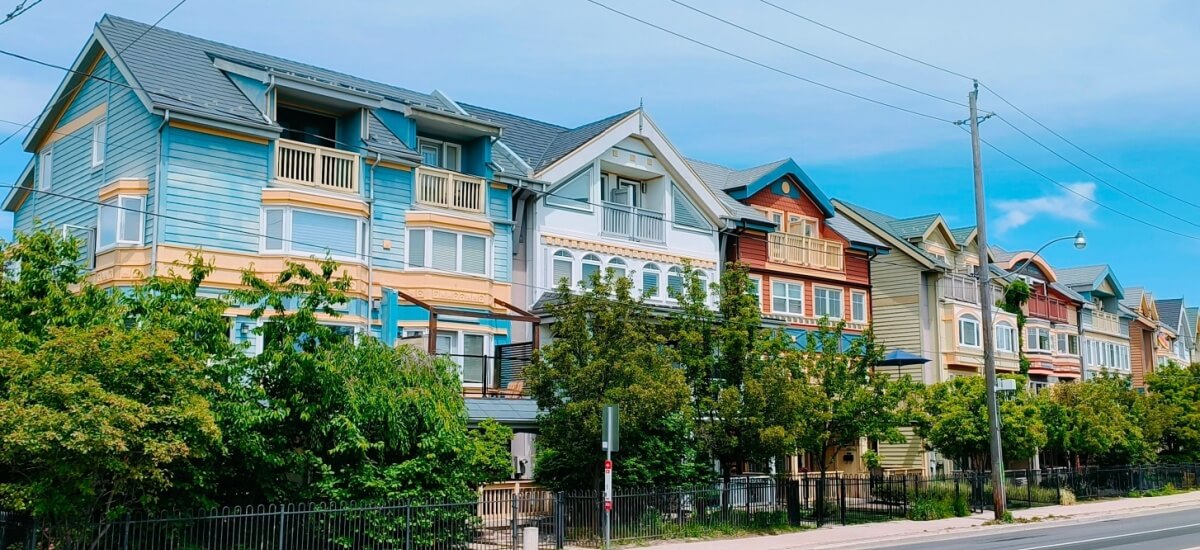
Toronto is a popular choice for US citizens moving to Canada. Situated in Ontario, it’s one of the biggest cities in Canada – and there are lots of job opportunities for foreigners moving into the country.
Toronto has excellent public transport links and educational institutions, including schools and universities.
The city is known for its diverse neighborhoods, nightlife, and places to eat. However, Toronto is one of the most expensive Canadian cities to buy a new home.
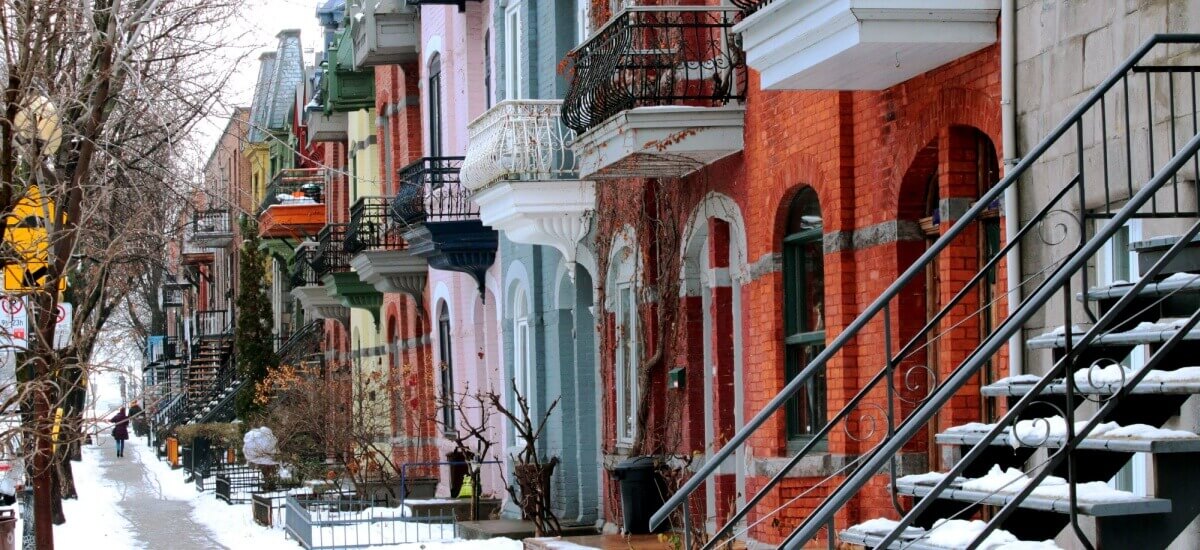
Montreal is the largest city in the province of Quebec, offering plenty of history and culture for Americans moving to Canada.
It’s known for its world-class universities and affordable cost of living, but you may need to know both English and French to thrive in Montreal.
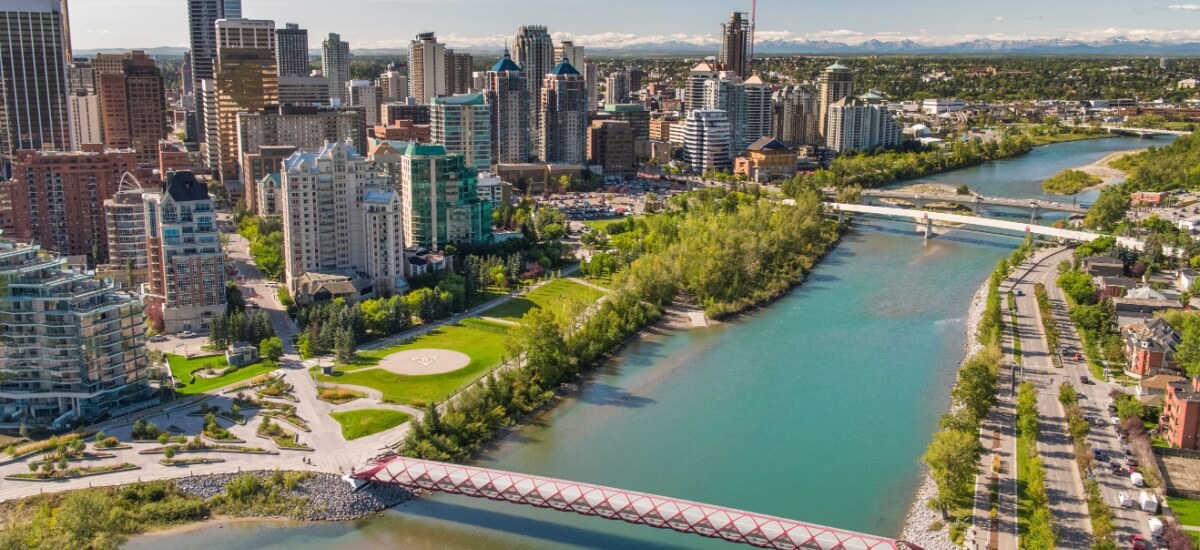
Calgary is a more affordable option for Americans moving to Canada. It’s a beautiful cosmopolitan center with a booming economy – and Alberta levies lower taxes compared to provinces like Ontario.¹⁷
There are also a few popular surrounding neighborhoods and suburbs for foreigners buying property in Calgary, including Tuscany and Hidden Valley.
Canada is a popular location for property investors and Americans looking to move abroad.
Although the Prohibition on the Purchase of Residential Property by Non-Canadians Act places restrictions on who can buy property in Canada, it’s still possible to enjoy everything the country has to offer.
Make sure to work with a realtor or advisor you trust – and look into the fees and costs of purchasing Canadian property before moving abroad.
To start sending your money in over 40 currencies – all at the standard mid-market exchange rate – open a Wise account today.
Sources:
Sources checked on 07.16.2024
*Please see terms of use and product availability for your region or visit Wise fees and pricing for the most up to date pricing and fee information.
This publication is provided for general information purposes and does not constitute legal, tax or other professional advice from Wise Payments Limited or its subsidiaries and its affiliates, and it is not intended as a substitute for obtaining advice from a financial advisor or any other professional.
We make no representations, warranties or guarantees, whether expressed or implied, that the content in the publication is accurate, complete or up to date.

Learn all about different ways to get an overseas property mortgage as an American and gain unique insights to prepare yourself for the whole process.

Get a full overview of the best property management software systems for small landlords to easily track and manage their overseas property.

How to buy your first rental property overseas? Here's a detailed guide that can help you understand the challenges and steps for making an investment.

What are the best property management software systems for managing student housing? Take a look at our list and choose the most suitable option for you.

Are you thinking about making smart property investment decisions and wondering how rental yield is calculated? Have a look at our guide to find out.

Have a look at the in-depth guide on the Singapore rental yield market and get a detailed breakdown of opportunities in different areas within the country.